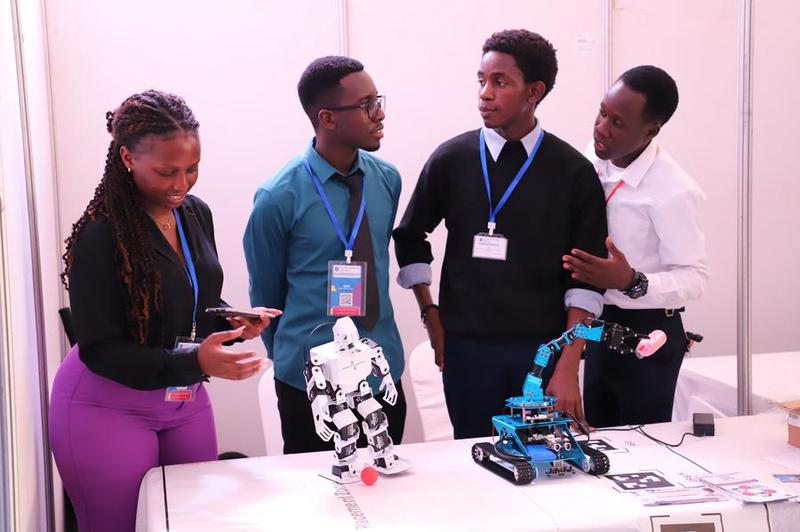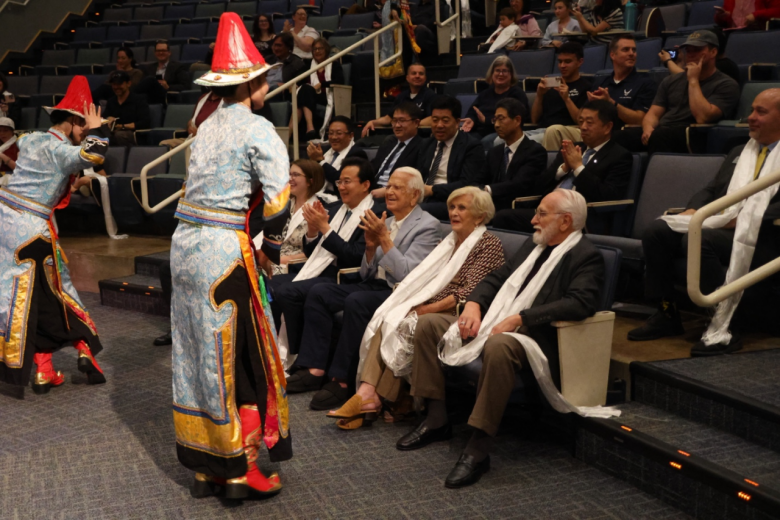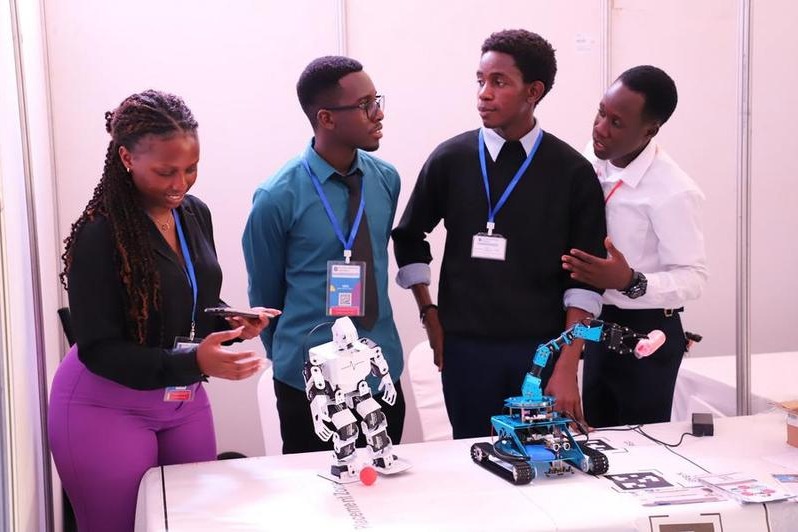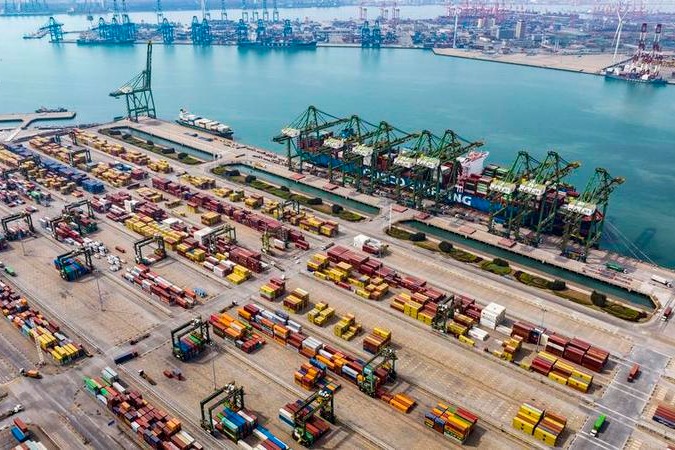UN Group of Friends reiterates AI commitment


Under the United Nations' new resolution on AI capacity-building, China and its partners are expanding training and cooperation in the Global South.
Fu Cong, China's permanent representative to the United Nations, on Tuesday reiterated the country's commitment to inclusive artificial intelligence development under the UN framework.
"We will continue to uphold fairness and inclusiveness, respect and protect the rights of developing countries to develop and utilize AI on an equal footing, champion collaborative governance, and support the central role of the UN in promoting global AI governance," Fu said.
Fu delivered his remarks at a side event of the Group of Friends for International Cooperation on AI Capacity-Building themed, "From Divide to Synergy: Global Cooperation Frameworks for AI Capacity-Building".
The event, co-hosted by China's mission to the UN, Zambia's mission to the UN, and the China Association for Science and Technology, is part of the Multi-stakeholder Forum on Science, Technology and Innovation for the SDGs (STI Forum).
The STI Forum will be convened this year on Wednesday and Thursday at UN headquarters in New York.
In July 2024, the UN General Assembly adopted by consensus the resolution tabled by China, together with the core group on AI capacity-building.
After that, China launched the AI Capacity-Building Action Plan for Good and for All, and initiated, together with Zambia, the Group of Friends for International Cooperation on AI Capacity-Building, according to Fu.
"Through these efforts, we aim to foster broad partnerships and take concrete steps to implement the UNGA resolution and the Global Digital Compact, so as to make sure that the benefits of digital transformation are enjoyed by all, and that no country and no one is left behind," Fu said.
Chola Milambo, Zambia's permanent representative to the UN, emphasized that capacity building in AI cannot be approached in isolation.
"It must be integrated with broader digital transformation strategies, aligned with national development priorities and implemented through genuine partnerships," he said.
Gong Ke, former president of the World Federation of Engineering Organizations (WFEO) and executive director of the Chinese Institute of New Generation Artificial Intelligence Development Strategies, presented a case study on AI training for engineers in Africa.
He described the effort as "a concrete action implementing the UNGA resolution to enhance international collaboration in AI capacity building, with a focus on Africa."
The case study was "Engineering Capacity Building" for the EFISA Program, a WFEO-led initiative. The program launched its first pilot training on AI in engineering practice in Kenya in March, offering a five-day course to working engineers.
"They need this kind of training, and they want it expanded, made more available to more engineers," said Gong, who is also the chair of the Task Force Engineering Capacity Building for Africa within WFEO. He added that they aim to train more than 100,000 engineers in Africa in the next 10 years.
"The background of this program lies in the deep gap in sustainable development," he said, citing an African Union report showing that fewer than 6 percent of the 22 measurable SDGs targets are on track to be achieved by 2030. "So enhancing capacity is an urgent need for African countries. And even more broadly, for the whole world," Gong said.
"The situation in Africa is really severe. Behind the socioeconomic gap, there's a digital gap. There are many gaps, but the digital gap plays a very important role. And behind the digital gap is a capacity gap," Gong said.
He called for greater involvement from global institutions, particularly the International Telecommunication Union (ITU) and industrial partners.
Several other speakers also addressed the event, including Luo Hui, executive secretary for international affairs and strategy research at the China Association for Science and Technology; Tomas Lamanauskas, deputy secretary-general of the International Telecommunication Union; Maritza Chan Valverde, Costa Rica's permanent representative to the UN; and Héctor José Gómez Hernández, permanent representative of Spain to the UN. The event also had a panel discussion on AI capacity building with experts from ITU and China.
Asim Iftikhar Ahmad, Pakistan's permanent representative to the UN, said the country is "very appreciative of the advances that have been made in the Global South, such as the development of models like DeepSeek. They provide a key opportunity to strengthen South-South cooperation on AI."
Ambassadors from Zimbabwe, Indonesia and Russia also delivered speeches at the interaction section.
Taonga Mushayavanhu, Zimbabwe's permanent representative to the UN, stressed the importance of ethical human oversight and workforce development. He also highlighted the role of collaborative research.
"Much of AI's advancement, as we know, is driven by research, and we urge stronger cooperation among academic and research institutions in the Global South. Such partnerships will help produce AI solutions tailored to our specific development needs and local contexts," Mushayavanhu said.

































